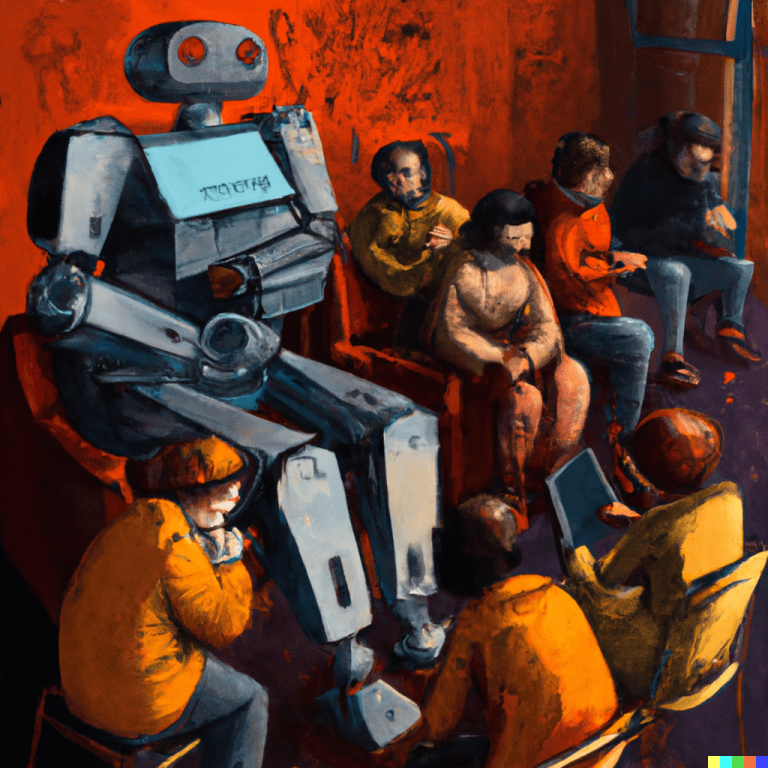The Map of Applied Research for E-Learning at the UOC
2 November, 2015
The prime focus area for the eLearn Center is the activation of research in the field of e-learning which generates an impact on improvement and innovation in the set of processes related to the teaching and learning that take place at the UOC. In accordance with this philosophy, far from being an abstract concept, the e-learning applied research is figuratively represented in the form of a map, which builds upon several “territories” defined as the university’s teaching activities.
Far from being an abstract concept, the e-learning applied research is figuratively represented in the form of a map.The creation of a map which collates and organises these activities cannot be based solely on the research subjects and lines, but must also be capable of linking the activity with the processes and teaching activity that take place at the institution. The research map is therefore designed in a matrix structure. On the one hand it covers the diverse research subjects and areas—collaborative learning, time factor, feedback, virtual environments, assessment, learning process, skills, tools, mobile learning, e-portfolios, etc.—while on the other it identifies the different areas of activity which may be affected by this research. These areas, as we shall see later on, are organised into three levels in which the experience of the student is the common thread and which are integrated within one another, moving from the very specific to the very general. They are defined as: Session (N1); Subject or Course (N2); and Degree or Programme (N3).
The purpose of establishing these levels is to situate the research activity in relation to the university’s processes and teaching activities with regard to the academic experience of students. Each level described below shows the details of the main elements and processes which may influence or form the basis for a specific research activity.
Level 1. Session
This is the most specific level, which examines the finer details of the learning experience. It concerns the behaviour of a student during a session: when they are connected to the learning environment and their use of any related element (classroom, resources, tools, etc.). It is based on the analysis of the data generated using the so-called N-tuples scheme, which takes into account the user, the access device, time, the service being accessed, the resource on which the service has been executed and the result (in other words, the action performed) in the following areas:
- Training activity.
- Academic activity.
- Personal activity.
At the same time, it allows scenarios to be defined and explained on the basis of 3 coordinates: place (work space, home, public spaces, etc.); time (hours, periods and calendar dates); and the access device (computers or mobile devices):
Level 2. Subject / Course
This refers to the training activity (subject or course) and the learning process which takes place within the temporal scope of a semester. It includes the following areas:
- The classroom.
- The design of the course or subject.
- Assessment.
- Teaching activity.
- Communication.
- Contents and resources.
- The PLE of the student (informal/external areas).
Level 3. Degree / Programme
The scope of this level is the entire academic life cycle of the student. It includes all the elements which directly or indirectly affect their experience at the university, some of which may be beyond the learning process. It considers the following areas:
- The academic journey of the student.
- The organisation and management by the university.
- The training modalities.
- The design of the programmes.
- The assessment and accreditation system.
Thus, the concept of applied research in the form of a map creates a common framework of reference, which different agents can use to guide their activity and to obtain contextualised information about the activity in a dynamic and current format. It is also available to any user on the internet, particularly those in the academic or business world linked to the field of e-learning, as well as specialist media, etc.





